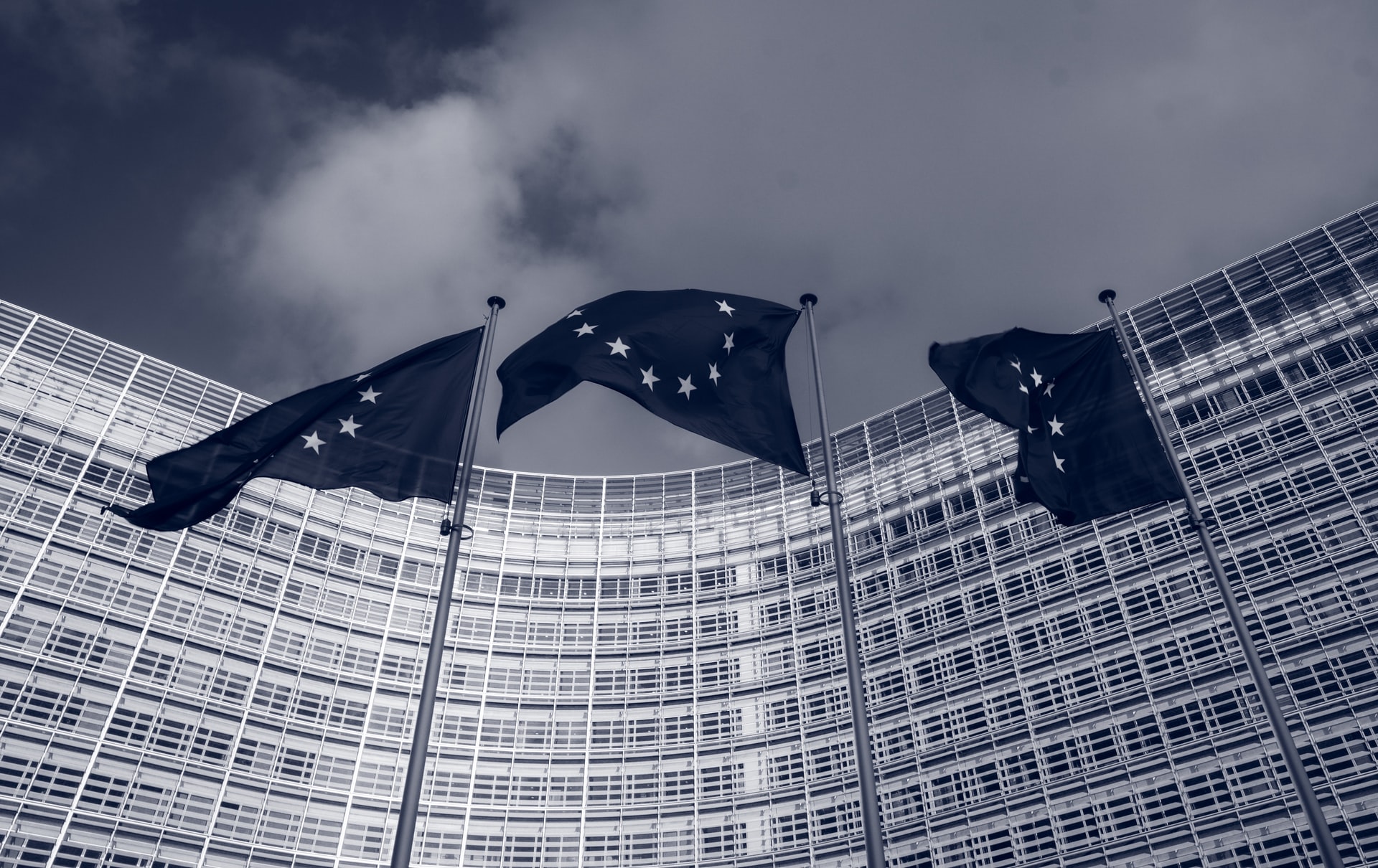The new, eighth round of EU sanctions on Russia encompasses, according to some reports, semi-finished steel, which could spell major problems for some European slab re-rollers, as Russian semis cannot easily be replaced for some applications, Kallanish notes.
Although the sanctions package was approved on Wednesday, details are expected to be published only on Thursday. It is however reported to include steel products, meaning semis are likely to be affected. It nevertheless appears some countries may be spared from the ban on importing Russian slab for two years.
A group of European re-rollers recently wrote to the European Commission, in the wake of speculation, widely publicised by some agencies, that slab will indeed be sanctioned. They poignantly answered the question of why Russian slab imports were not sanctioned in the first place (see Kallanish passim).
“The lack of supply for re-rollers would hamper the EU’s ability to build [among others] new wind installations and improve energy independence, while the semi-finished steel products [slabs, billets, and blooms] would be immediately redirected to other regions and with a 1% share of steel semis in total Russian exports, the potential ban would not have any tangible impact on Russia,” the letter says.
European steelmakers appear to have been lobbying the EC to include slab and billet in the list of sanctioned products, “using political arguments in what is essentially an economic and competitive issue”, the re-rollers went on. The re-rollers “help balance the demand and supply of finished steel producers”. As a sector, they account for 8% of total EU flat steel output and provide more than 30,000 jobs in the EU, according to the group.
With so much at stake, it is widely assumed that replacing Russian slab would be easy with the array of established as well as new, opportunistic suppliers currently operating in the market. To an extent, it is possible to replace slab supplied to re-rollers producing hot rolled coil with European material, depending on the level of finished product pricing in the region.
Reports this week of European slab exports, as a solution to low demand and HRC prices in the EU, suggest this supply could also find its way to the bloc’s re-rollers. But the heavy plate business, painstakingly created by cooperation between European and Russian counterparties in the last 20 years, is most at stake, market observers note.
Russia’s NLMK, the only non-sanctioned Russian slab producer, runs three plate mills in the EU: DanSteel (Denmark), Verona (Italy) and Clabecq (Belgium), to the aggregate nameplate capacity of around 1.75 million tonnes/year. Its model of re-rolling a lower-priced, precision produced slab in a higher paying market such as Europe is now under threat of collapse, amid Russia’s invasion of Ukraine and consequent sanctions.
Most vulnerable in the equation is DanSteel, which requires specialised slab with certain surface and chemical characteristics, currently unattainable in the merchant market.
NLMK has in fact been looking at alternative slab supplies for over a decade in order to reduce costs further, but the search has always encountered two main problems: economics and supply reliability.
“Even if [they] found a producer that could supply the appropriate quality, there would always be an issue of can this supplier guarantee certain volume, at certain prices, and for a certain length of time without changing them. The answer would always be no,” one former industry executive says.
As the supply pool expanded recently amid global modernisation efforts, some Chinese slab was tried, but it was only approved by some mills, due to quality. Brazilian supply would work on quality but is currently hinged on the US market, and, seeing only occasional sales to the eastern hemisphere, this would affect its pricing policy significantly. There is also supply from Asia, especially now when the Asian steel market is seeing negative growth, but “this supply is incidental, and while it may serve as an occasional supplier, it is hard to rely on a [long-term] basis,” a source observes.
South Korean slab quality is well known in the global market, and it could also replace some of the more intricate slab quality requirements, apart from oil and gas pipe applications and shipbuilding.
“There could be new supply alliances forged, but it cannot be accomplished immediately; some time will be needed to achieve this,” a former slab trader concludes.






